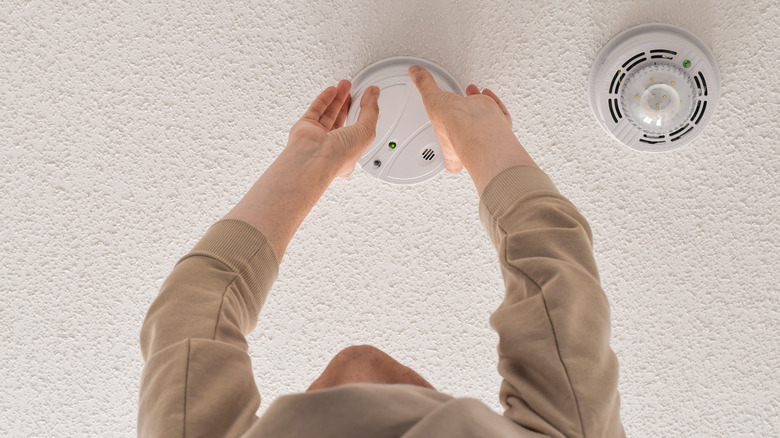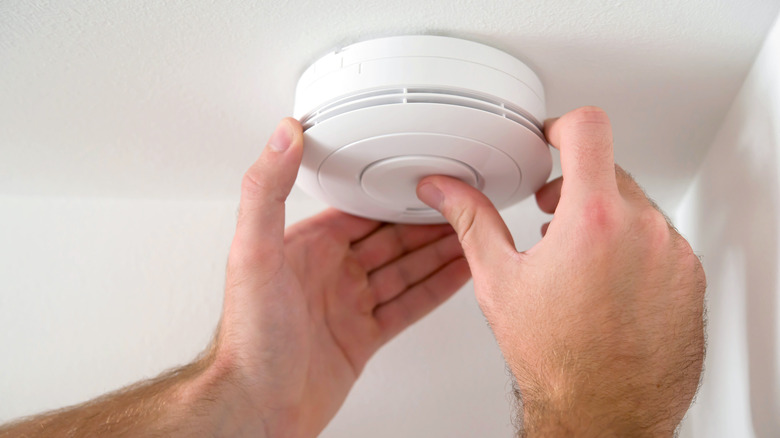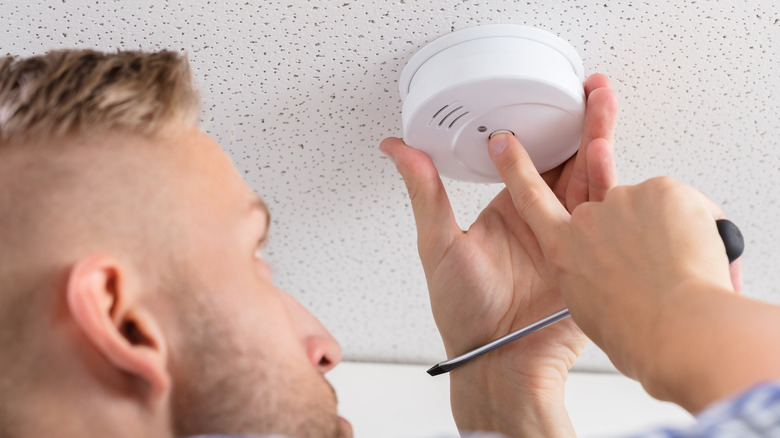When Is It Time To Replace Your Carbon Monoxide Sensors?
We are all aware of the crucial role the silent but tireless carbon monoxide (CO) detector plays in our homes. It guards us against the "invisible killer" — the carbon monoxide that, if left undetected, could cause us serious harm. Yet, amidst the hustle and bustle of daily life, a question that often slips our mind is, "How reliable is my CO detector today compared to when it was brand new?" It's about time we check out the often-overlooked subject of CO detector life expectancy and discover when it's the right time to retire your old CO detector in favor of a brand-new guardian.
Did you know that CO detectors have a lifespan? Most manufacturers recommend that carbon monoxide detectors be replaced every five to seven years. However, this can vary depending on the brand and model, so don't forget to check your device's user manual for the most accurate lifespan.
Check your carbon monoxide alarm
As you check your carbon monoxide alarm, it's important to note that the expiry countdown begins from the manufacturing date, not the date you brought it home and mounted it on your wall. You can usually find this manufacturing date printed or stickered somewhere on the back of the detector. If the date you find belongs to an era that seems like a blast from the past, then it's a clear sign that your CO detector has served its time and needs a well-earned retirement.
If your CO alarm was made after August 1, 2009, it will actually have an end-of-life warning notification. This warning will beep every 30 seconds to let you know that it's time for the alarm to be replaced. The alarm may also display "ERR" or "END," so watch out for that as well. The beeping may be annoying, but it's a small price to pay for being reminded of when to change a dying alarm that could save your life.
Once your carbon monoxide alarm has come to the end of its life, there are three different CO sensors that you should consider to replace it: biomimetic, metal oxide, and electrochemical CO detectors. They are all trustworthy candidates, however some of their features may be more convenient than others. Here are some things to consider when looking for a new CO detector.
How to pick the right carbon monoxide detector
If your old CO alarm always ran out of batteries, look for a hard-wired one, as battery-operated CO alarms are the least reliable when compared to hard-wired options — unless there is a power outage. Luckily, a combo option, providing both hard-wired power and a battery, is on the market too, and it features a plug-in battery backup CO detector that will work in most unfortunate technological failure scenarios.
More options include interconnectivity within CO detectors, which is a useful feature meaning that should one start to go off, all the CO detectors in your home go off as well. Through Bluetooth and Wi-Fi features, this is possible to set up without any tricky wiring.
Lastly, for those who are tech-savvy, look for CO alarms with smart features. Testing them becomes much easier with a smart home system, as you can do so through your smartphone or any smart device connected to your home system. It's an all-around more convenient way to monitor your alarm.
While your CO detector may not be the most glamorous part of your house, it's undoubtedly one of the most essential. Make it a point to monitor its age and condition diligently, and don't hesitate to replace it when needed. After all, when it comes to safety, it's always better to be a step ahead.


